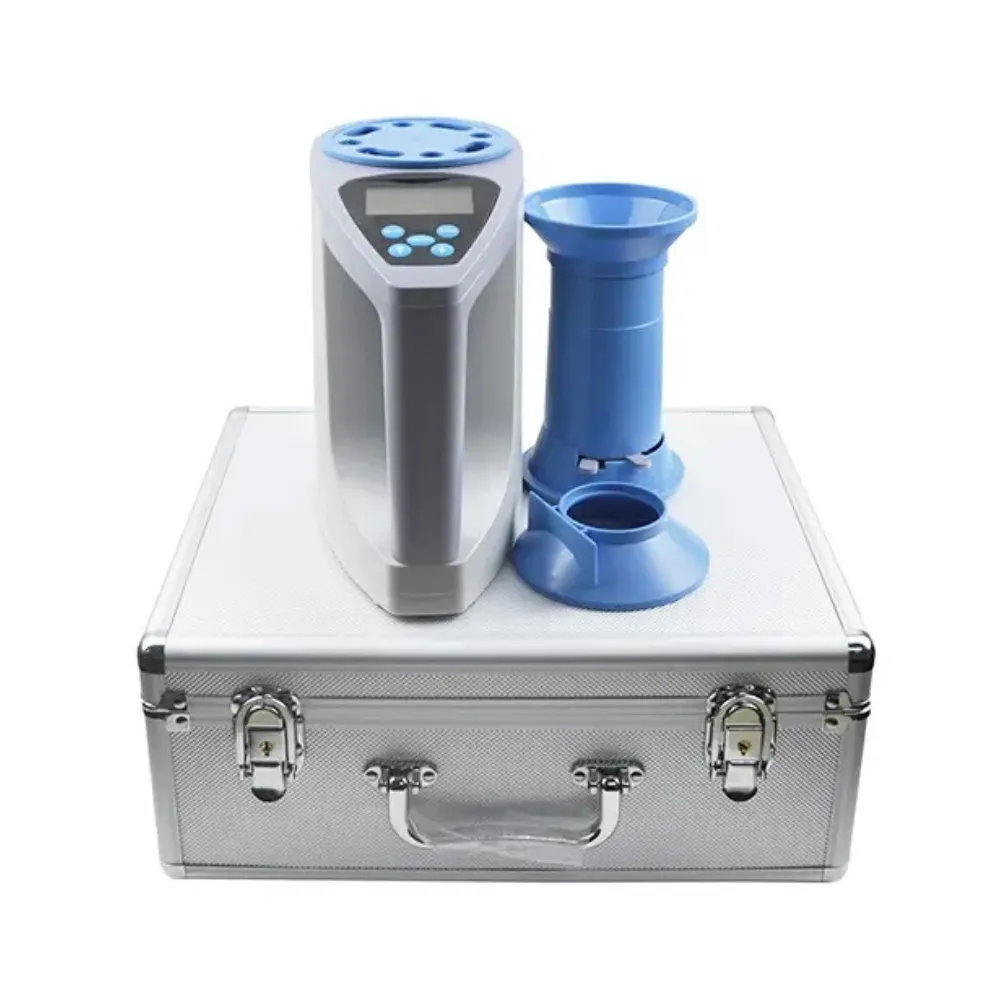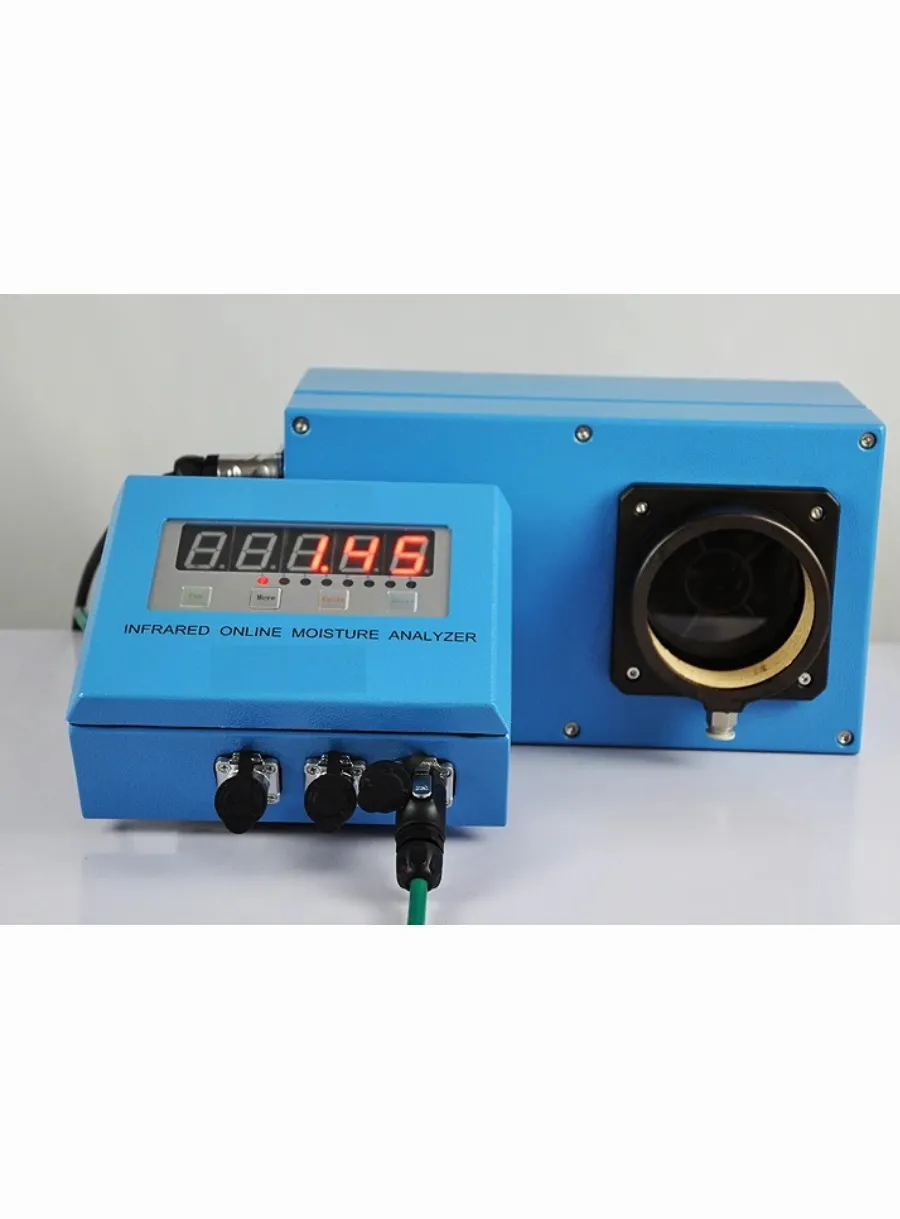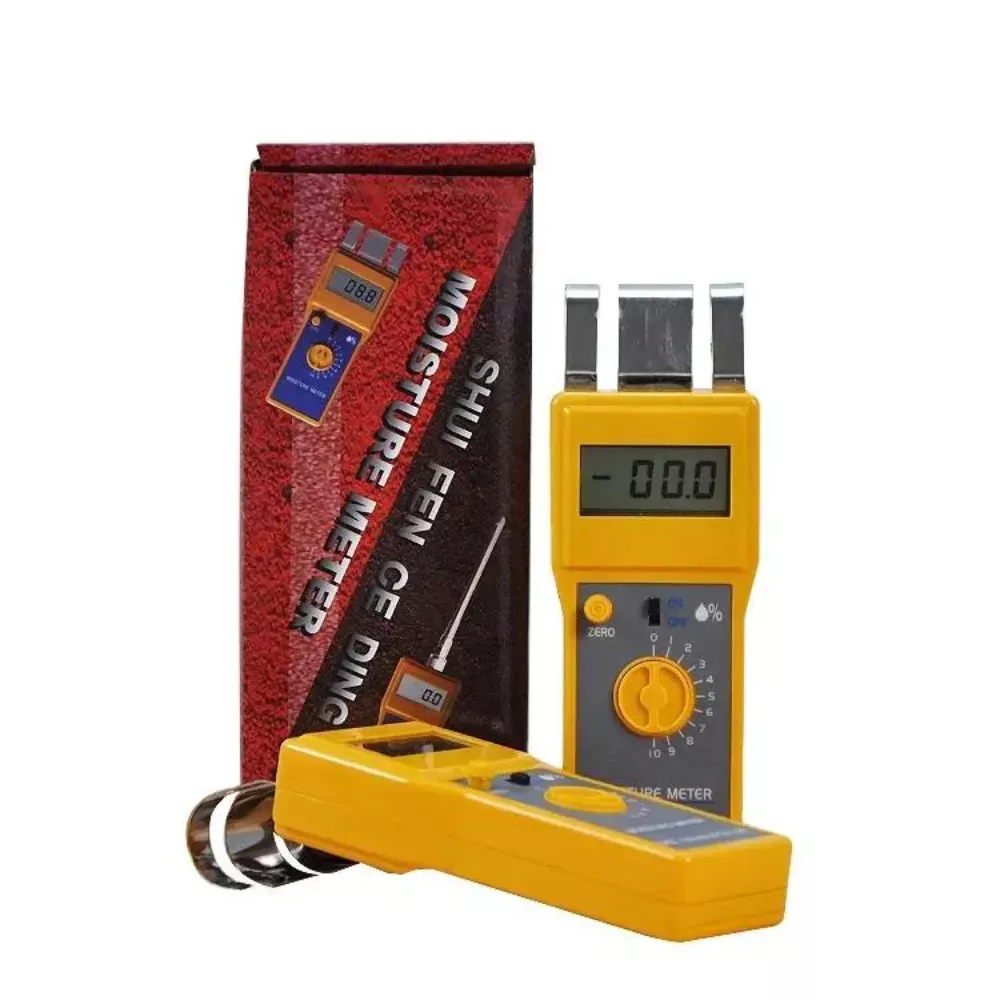
Advances and Innovations of Corn Moisture Meters
Table of Contents
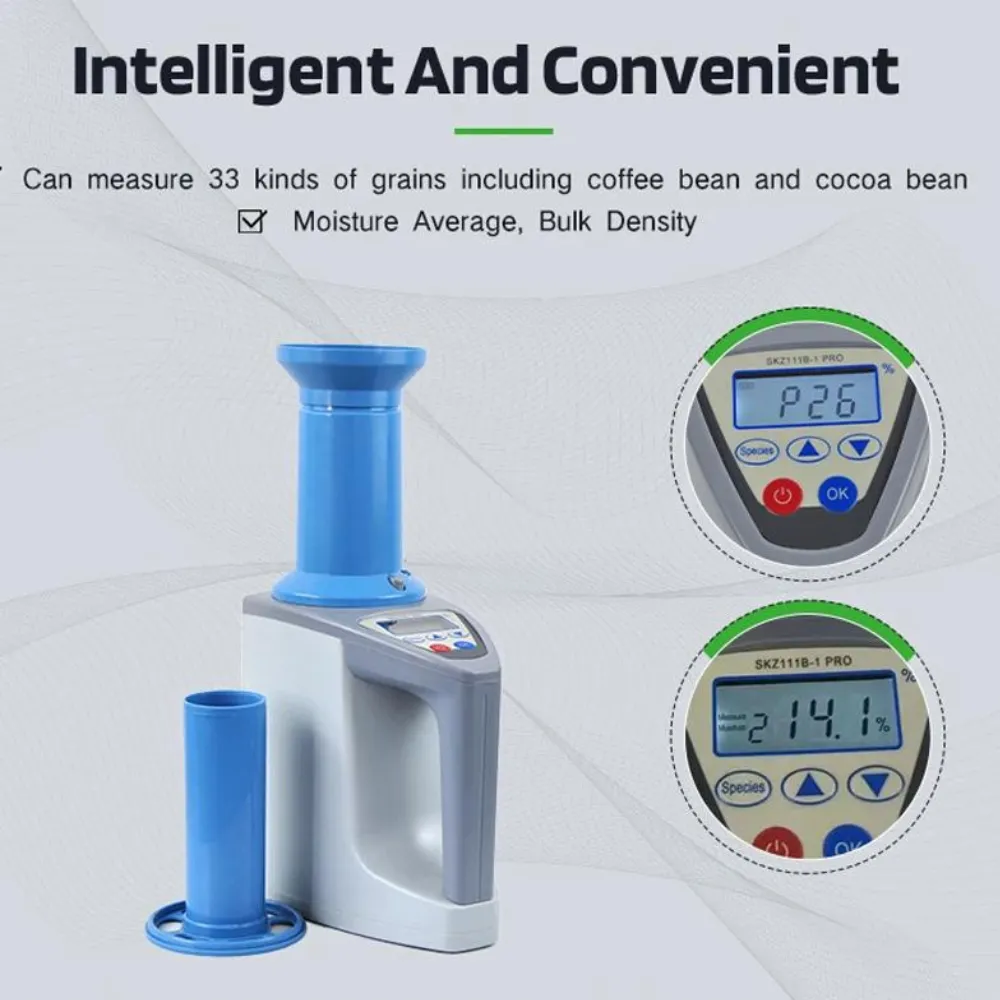
In recent years, the development of technology has significantly impacted the agricultural sector, especially in the realm of moisture measurement for grains such as corn. The rise of advanced grain moisture meters has been driven by the need for precision in farming practices and the efficient management of agricultural resources.
Modern grain moisture meters have incorporated several advanced technologies to enhance their accuracy and reliability. One notable example is the Unified Grain Moisture Algorithm (UGMA), utilized in devices like the PerkinElmer AM 5200-A and the DICKEY-john GAC 2500-INTL, as determined by the Canadian Grain Commission. The UGMA allows for more accurate readings across various grain types and conditions, including wider grain density and temperature ranges.
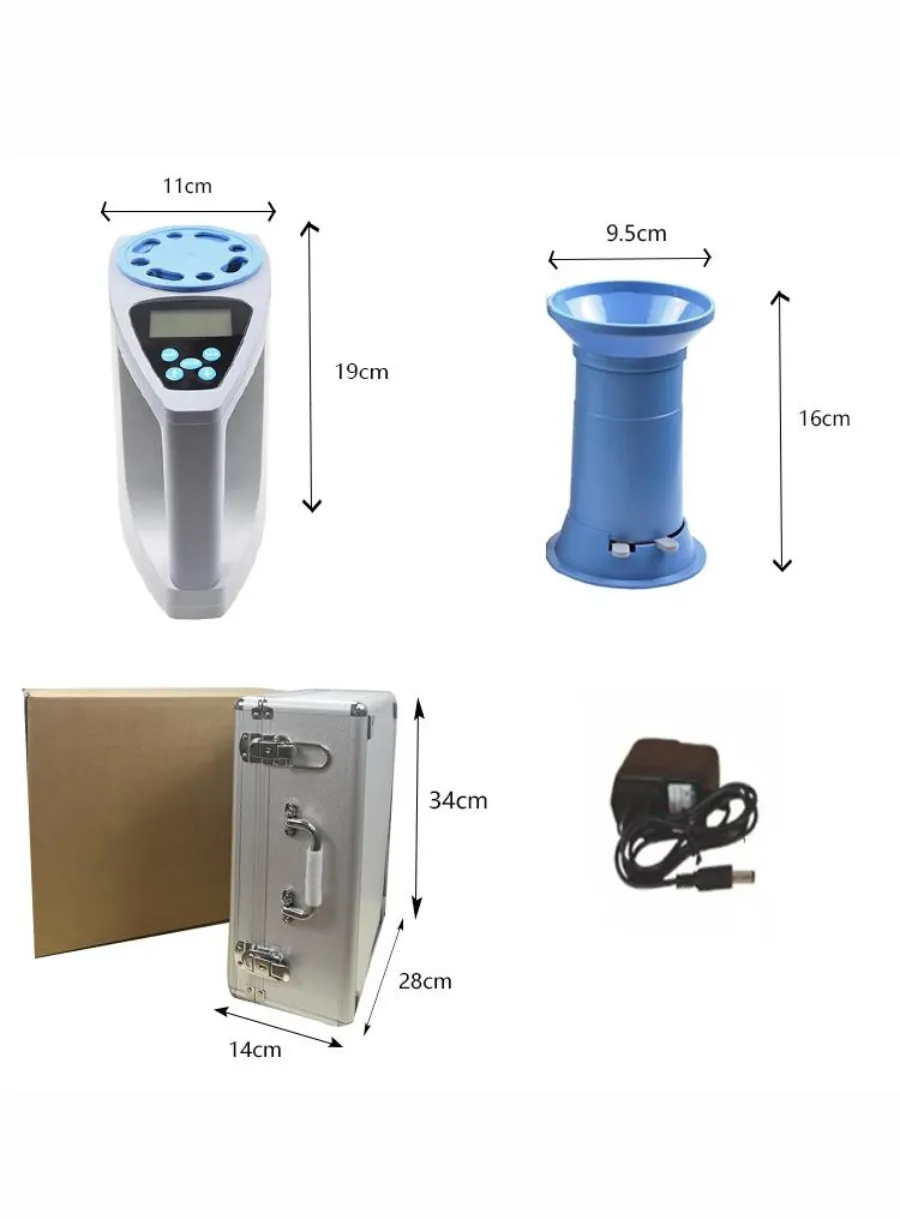
Advancements in Near-Infrared (NIR) Technology
NIR technology represents another leap forward in grain moisture measurement. Devices such as Kett’s KB30 inline NIR moisture meter provide instantaneous and precise readings of moisture content, accurate to within 0.001%. This technology relies on the absorption of specific light wavelengths by water, and the subsequent reflection is measured to determine moisture content. This method offers the advantage of non-contact measurement and eliminates the need for sample preparation, reducing contamination risks.
Online and Offline Moisture Measurement Solutions
The market for grain moisture meters has seen a division into online and offline solutions, each catering to different needs and conditions. Online systems, propelled by advancements in sensor networks and internet connectivity, enable continuous and remote monitoring of grain moisture levels, offering real-time data analytics for proactive management. In contrast, offline grain moisture meters, known for their reliability and simplicity, remain widely used for on-the-spot measurements, particularly in remote locations lacking internet connectivity.
Customizable and User-Friendly Features
Modern moisture meters also emphasize user-friendly features and customization. Devices like the Delmhorst 999-series allow users to easily navigate through grain charts and even program custom grain species corrections for precise measurements. This level of customization ensures that farmers can adapt their equipment to specific crop needs, enhancing efficiency and productivity.
Diverse Applications and Practical Considerations
Grain moisture meters have been adapted for use in various field conditions, including those requiring high moisture measurement accuracy. For instance, some devices are specifically designed to measure moisture content in compressed hay and straw, which is critical for monitoring and managing these agricultural products effectively. Additionally, moisture meters equipped with sample grinding capabilities ensure accurate measurements even in challenging field environments. These innovations highlight the ongoing advancements in agricultural technology, particularly in grain moisture measurement, and their crucial role in optimizing agricultural productivity and resource management.
Comments
Tags
Frequently Asked Question
The UGMA is an advanced algorithm used in many modern grain moisture meters, allowing for more accurate readings across a wider range of grain types and environmental conditions.
NIR-based moisture meters provide instantaneous and precise readings without the need for sample preparation, offering the advantage of non-contact measurement and reduced contamination risks
Online systems enable continuous remote monitoring and real-time data analytics, while offline meters remain reliable and practical for on-site measurements, especially in areas lacking internet connectivity.
Customization options, such as programming custom grain species corrections, allow users to adapt the equipment to their specific crop needs, enhancing efficiency and productivity.

